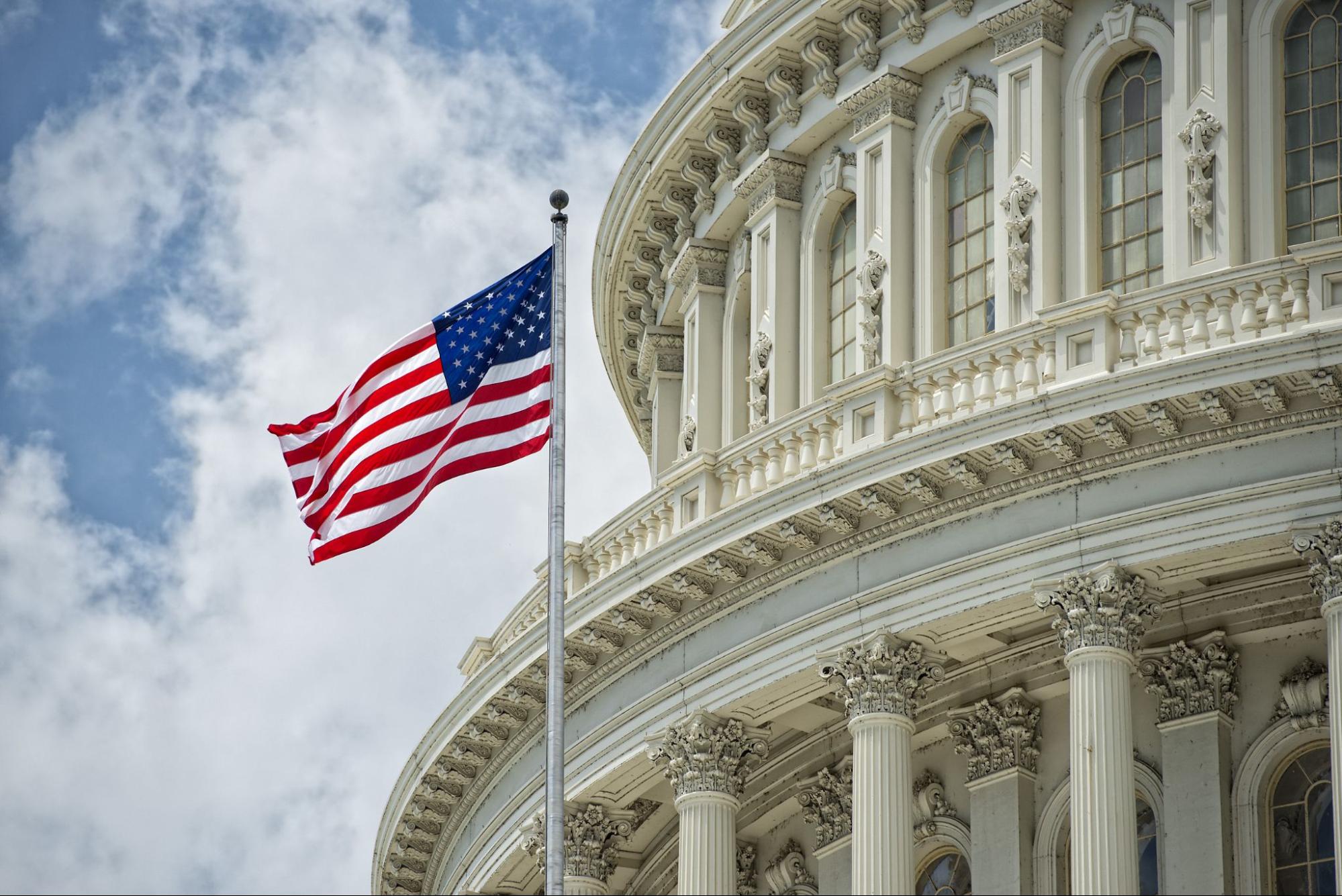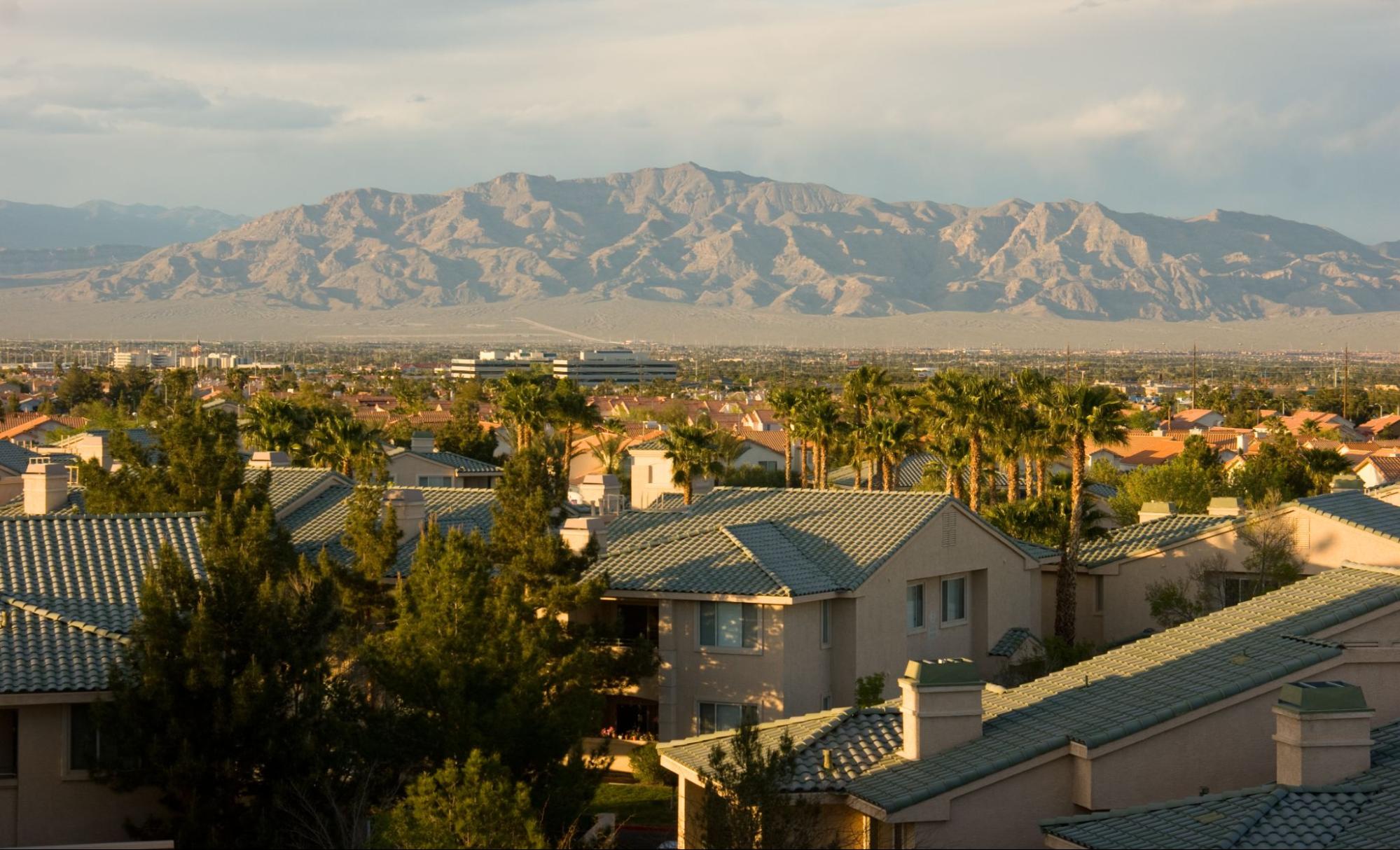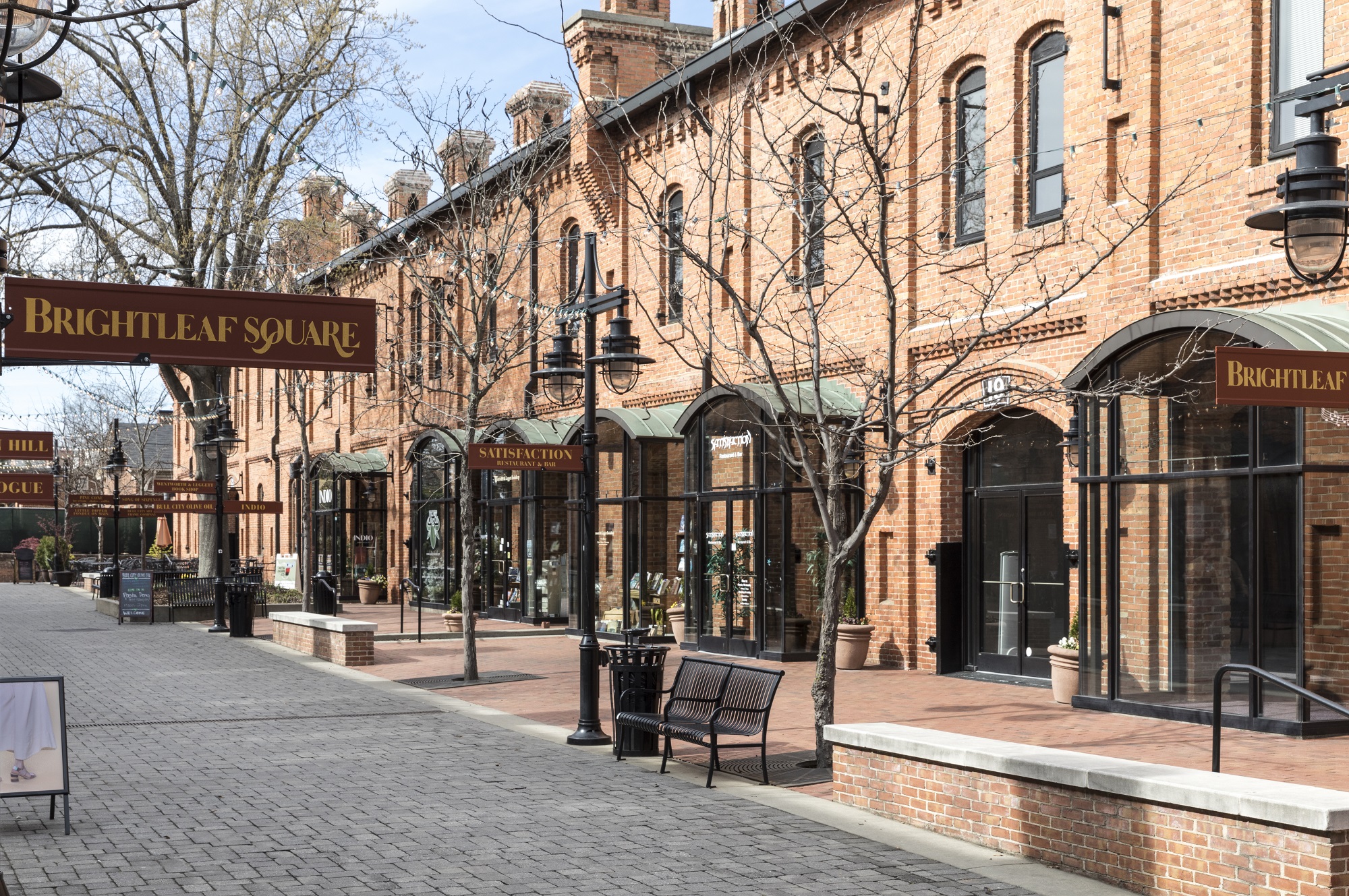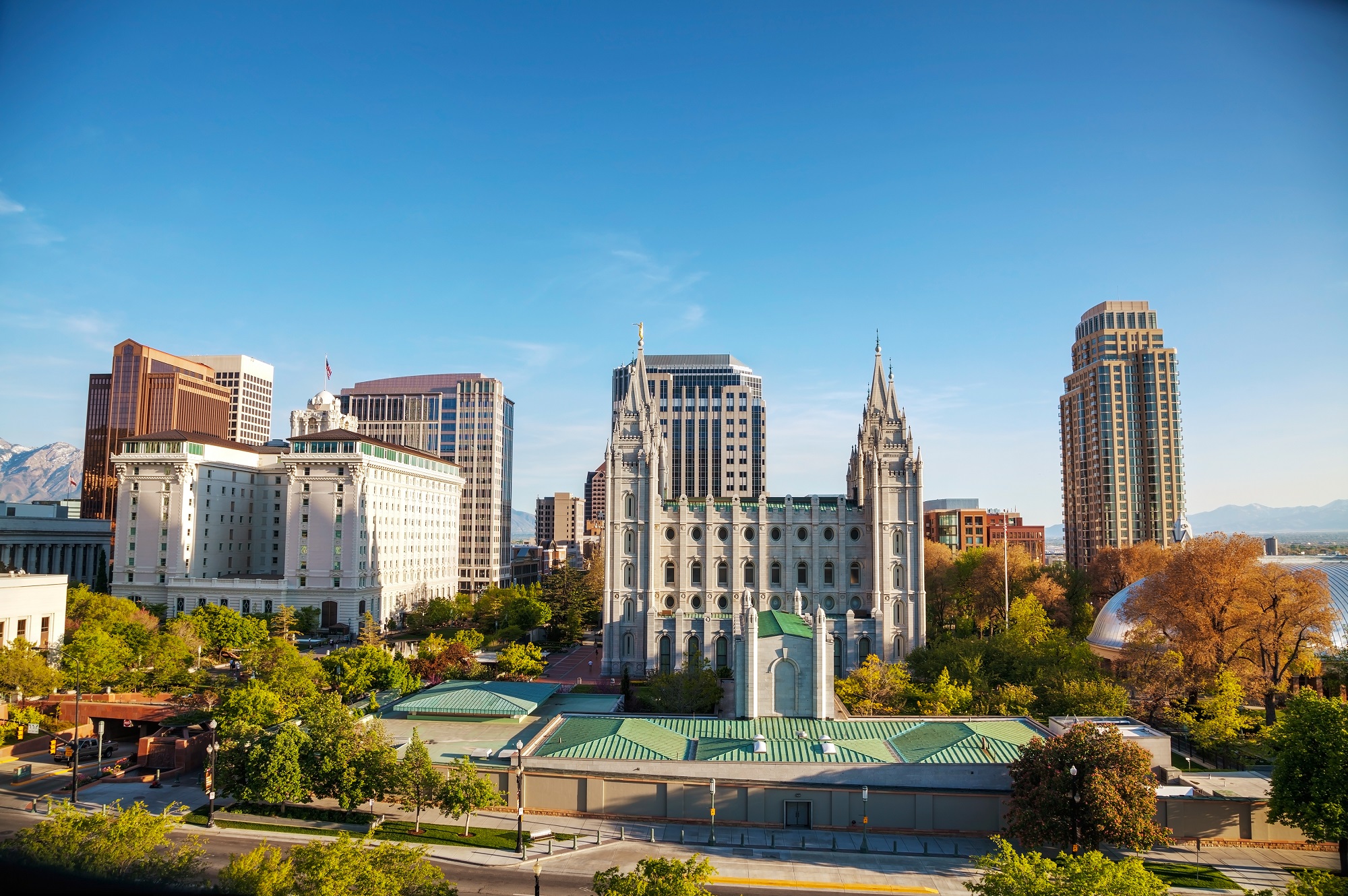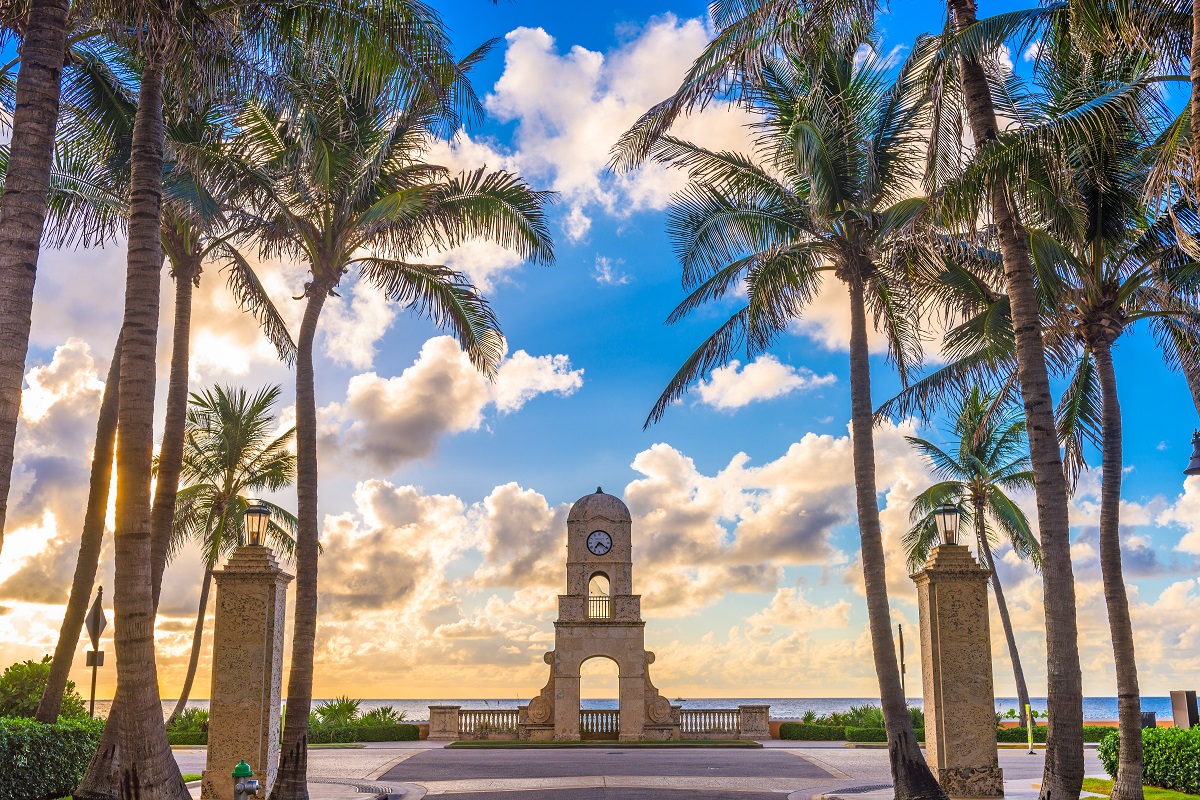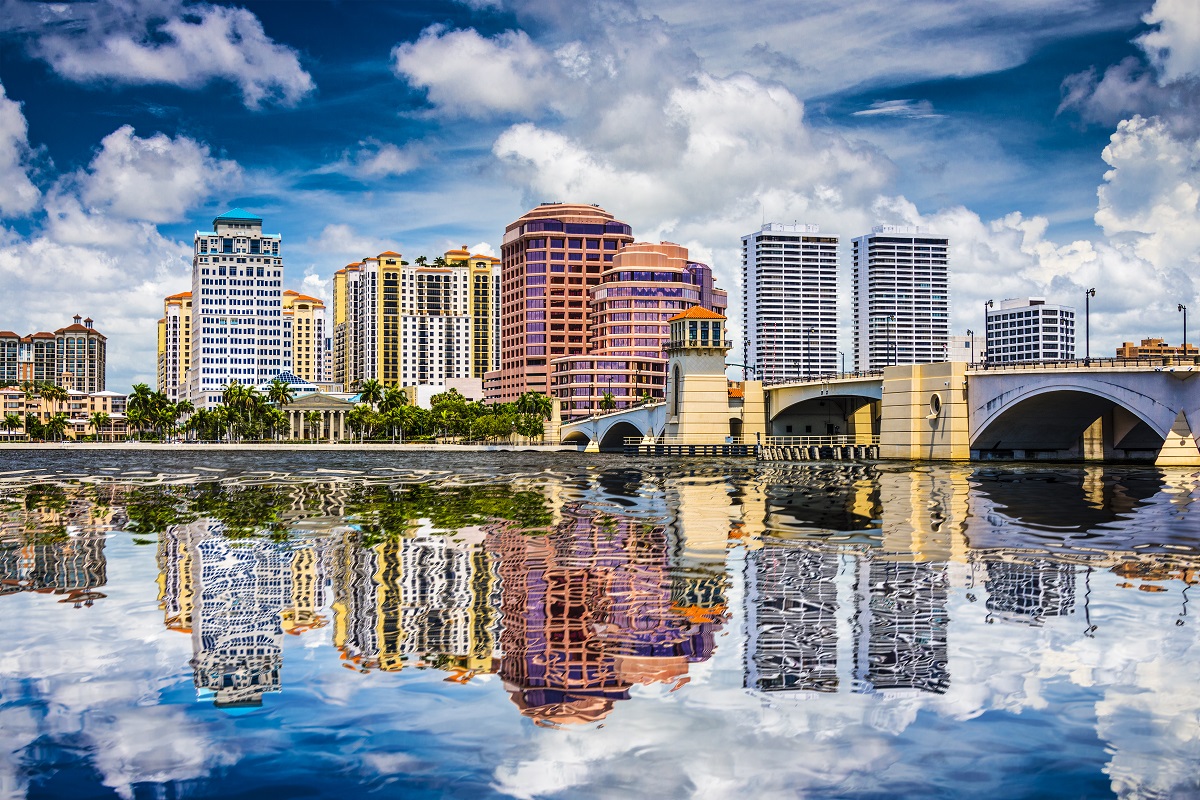
What Is the Cost of Living in Nashville?

Are you relocating to Nashville? There’s one word to describe this city: thriving. Between its powerful music industry and neighborhoods, this Tennessee capital has boomed over the past decade. Just this year, Nashville has been ranked the 10th fastest-growing U.S. metro area and the 17th Best Place to Live in the U.S.
With such growth, you might wonder, “Is Nashville affordable for me?”
There’s a lot of fun things to do in Nashville, but if you’re planning on moving to this city, you should understand the aspects that aren’t as fun, such as living costs and appropriate budgets to expect. Let’s break down the cost of living in Nashville in the following categories:
- Rent
- Utilities
- Transportation
- Food and entertainment
Rent
For an in-demand city like Nashville, housing will take a decent chunk out of your wallet. Even then, the city’s housing expenses remain about 9% lower than the national average—so, despite the living expense, it’s still a sweet deal.
That said, for most renters, you’re looking at a higher (and steadily rising) monthly price.
Growing popularity means more competition in the housing market—especially in Nashville’s rental-heavy areas. After initially dropping during last year’s COVID spike, the city’s renters have bounced back since then, increasing the average rent price by 3.8%.
For 2021 renters, here are a few Davidson County (Nashville’s greater area) rental numbers to keep in mind:
- Average studio rent: $957 per month
- Average 1-bedroom rent: $1,136 per month
- Average 2-bedroom rent: $1,484 per month
- Average 3-bedroom rent: $1,822 per month
Most expensive neighborhoods in Nashville
As demand rises for Nashville homes, certain neighborhoods are stepping into the spotlight—and with that comes a higher price tag. For a taste of luxury, here are the costs of living in the Nashville area:
- Downtown: If any Nashville neighborhood has exploded, it’s the music-filled downtown. This bustling district’s population grew by 152% over the past 11 years. Even though the city plans to add 1,800 rental units over the next two years, demand and rental prices remain high. To live in a downtown one-bedroom apartment, you’re looking at an average rent of $2,289 per month.
- The Gulch: Located conveniently between packed Downtown and the tranquil West End, the Gulch is another popular (and costly) choice for young professionals. A one-bedroom apartment goes for $2,491 per month in this coveted urban area.
- West End: Right next to Vanderbilt University, this suburban-esque neighborhood has plenty of parks, lovely shops, local bars—and some high rents. Snag a one-bedroom apartment here for $2,135 per month.
Most affordable neighborhoods in Nashville
Nashville still has plenty of affordable rental units—you just have to get out of city center! Beyond the dense urban districts, prices significantly drop to budget-friendly rates, especially in areas like:
- Heron Walk: Located right on the Cumberland River’s sharp curve, Heron Walk is a spacious and incredibly affordable outer-city neighborhood. For just $931 per month, you can rent the average one-bedroom apartment in this area.
- South Nashville: Encompassing the large suburban enclave below Nashville’s center, this cute area’s bungalows are picking up steam. Grab a one-bedroom in South Nashville for just $1,062 per month.
- Donelson: A nice middle ground between affordable and chic, Donelson holds Nashville treasures like Two Rivers Park and the Grand Ole Opry. The best part? One-bedrooms hover around $1,226 per month.
Utilities
Of course, you can’t just live in an empty room. When moving to any city, you’ll need to budget for all necessary utilities. Luckily for Nashville residents, those costs are slightly cheaper than your average place.
In Nashville, you can expect utilities to take up about 6.3% of your monthly living wage—about $159 per month for most residents. Between common utility categories, Nashville locals usually pay:
- Electricity: The average Nashville resident pays 10.26 cents per kilowatt-hour (kWh) electricity (much lower than the average U.S. rate). Most households use 877 kWh units per month, so that comes out to about $89.98 per month.
- Water: For running water, your average Nashville resident pays $12.45 per month.
- Gas and energy: To keep any flammable stovetop burning, you’ll need working gas lines in your home. Currently, Nashville residents pay $12.57 per 1,000 cubic feet for natural gas, a little over $100 per month.
- Cell phone: While set to a more national standard, Nashville residents still need to pay for mobile phone services. A typical cell phone plan costs $113 per month for one household or single-payer.
- Internet: Similarly, many states have standardized internet prices across the country. In Nashville, internet access comes out to $66.20 per month on average.
Transportation
Nashville is a residential Tennessee city—aka, most locals have jobs within the city limits. However, it’s also a spacious urban area with many different pockets and neighborhoods. And while some neighborhoods are quite walkable (Downtown and 12 South, particularly), transportation is still part of the Nashville cost of living.
From four wheels to two wheels, here are some ways to move around Nashville.
Cars
If you want to enjoy all this urban locale has to offer, you’ll probably need four wheels to do it.
Luckily for drivers, it’s relatively cheap to own a car! In Tennessee, the average cost for owning a car over five years comes out to $23,279—compared to the rest of the country, that’s about $2,000 saved. Let’s break down what expenses go into driving:
- Car unit: Owning a car is a huge save of time and energy. But of course, you’ll need to factor in buying one first. Across the country, average light car prices have risen to over $37,000, making it the largest expense for drivers.
- Insurance: In Tennessee, all drivers are required to carry liability insurance (i.e., policies that protect anyone or any item that you might damage while driving). But most drivers opt for full-coverage auto insurance policies. On average, Tennessee’s auto insurance rate hovers around $1,297 per year, a $160 drop below the national average.
- Gas: Whether you own or rent a car, don’t forget to include gas in your budget! Currently, Nashville gas prices are hovering around $2.72 per gallon. Depending on your driving needs and car model, that can vary from $100 to $300 total per month.
- Maintenance: No car runs smoothly without a little upkeep. In this state, the average car owner spends $372 per year on car maintenance and repair.
Bikes
Have a short commute? Or perhaps you’ll be staying within the city limits? Take advantage of the warm weather and bike around town!
Over the past decade, Nashville has become increasingly bikeable. In 2011, the city added 26 miles of bike-friendly roads and trails, as well as its BCycle electric bike share program. Grab an e-bike at a station in one neighborhood, and then drop it off carefree miles away.
If you prefer non-electric, consider buying your own two-wheeler. A decent and new road bike will cost anywhere from $350 to $700. Don’t forget to factor in equipment and maintenance costs, which can add up to $100 per year.
Public transportation
Want an eco-friendly and dependable commute option minus the sweat? Nashville offers a few different public transportation lines to its locals. Hop aboard to save money and your carbon count:
- WeGo Public Transit: With over 50 routes stretching across Nashville, WeGo buses serve local and residential areas, while also dropping passengers at urban centers like the Nashville International Airport and Opry Mills. Currently, busses charge $2 per ride for adults, $4 for an all-day pass, $20 for a 7-day pass, and $65 for a 31-day pass.
- Music City Star Train: Like a miniature light-rail system, the Music City Star Train allows suburbanites to easily travel into the city. With seven stations and at $5.25 per ticket, it’s a popular commute choice.
- Cabs and Rideshares: While not technically “public,” cab companies and rideshare services are perfect for the occasional trip. Most taxis start their fares at $3.00 with $2.00/mile rates. If you don’t plan on leaving your neighborhood limits often, this is a great four-wheel option.
Food and entertainment
Compared to the U.S., Nashville’s overall grocery costs are very similar, hovering at just 3% lower than the national average. This means as a resident, you can expect to pay about $291 per month on food expenses.
From tasty BBQ to live country music acts in bars and the city’s many breweries, you can’t miss out on Nashville’s singular culture—there are just too many fun things to do! The good news? It won’t cost you too much. An average three-course meal comes out to $62.50 per person in this city, and your typical pint of beer only costs $5. With those prices, you can see local country acts give killer performances almost every night!
Find the right Nashville price with Landing
Between its neighborhood variety and unparalleled country music culture, this city is clearly on the rise. And despite growing popularity, it’s still pretty easy to handle the average cost of living in Nashville, TN—especially with the help of Landing.
On the hunt for that perfect comfortable-but-not-too-pricey apartment? Our fully furnished apartments in Nashville cover all budgets and neighborhoods. Start your search today, and create a home in this song of a city.

